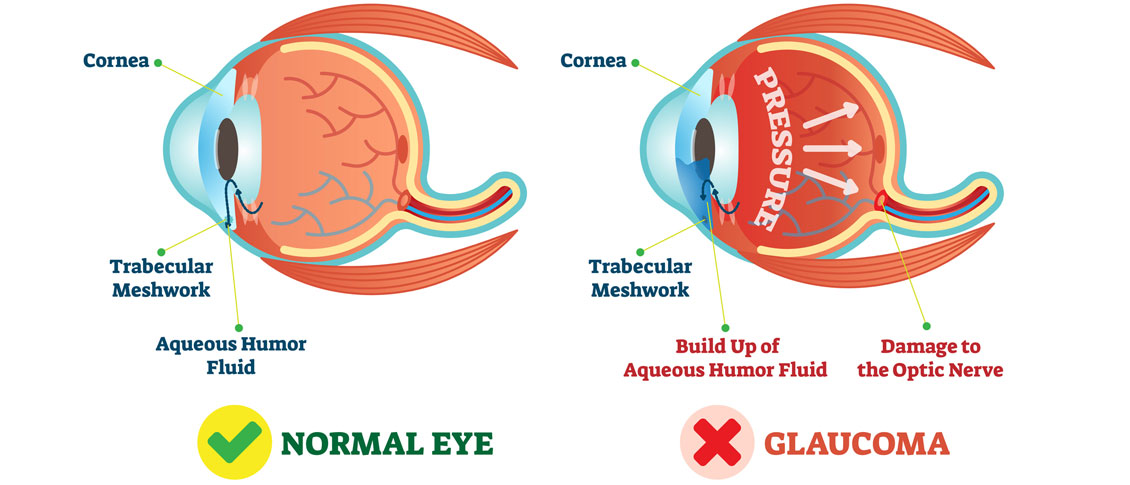Blog

There are several different variations of Glaucoma, but in this article we will mainly focus on Primary Open Angle Glaucoma. This means that there is no specific underlying cause for the Glaucoma like inflammation, trauma or a severe cataract. It also means that the drainage angle where fluid is drained from the inside of the eye into the bloodstream is not narrow or closed.
Closed or Narrow Angle Glaucoma, which will be discussed in another article, is treated differently from Open Angle Glaucoma
In the U.S., Primary Open Angle Glaucoma (POAG) is by far the most common type of Glaucoma we treat.
Glaucoma is a disease where the Optic Nerve in the back of the eye deteriorates over time, and that deterioration has a relationship to the Intraocular Pressure (IOP). Most - but not all - people diagnosed with Glaucoma have an elevated IOP. Some people have fairly normal IOP’s but show the characteristic deterioration in the Optic Nerve. Regardless of whether or not the...
Read more: Newly Diagnosed with Glaucoma? Here are some treatment options.

Despite requests that patients bring their current glasses to their office visit, many show up without them.
Sometimes it’s an oversight: “I was rushing to get here and forgot them”; “I left them in the car”; “I picked up my wife’s glasses instead of mine by mistake.” Doctors have heard them all.
Sometimes it is unavoidable: “I lost them”; “They were stolen”; “I ran them over with the car”; “I left them on the roof of the car and drove away and now they are gone.”
Frequently, however, it’s intentional. There is a perception by some people that if they don’t like their current glasses or feel like they are not working well for them that they are better off having their eye doctor start from scratch. “Why would I want the doctor to utilize a pair of glasses I’m not happy with as a basis or starting point for my next pair of glasses?”
But bringing your glasses to an appointment is important.
There are two main reasons for eye care professionals to know what your last...
Read more: Why you should always bring your current glasses to your eye exam (even if you hate them)


